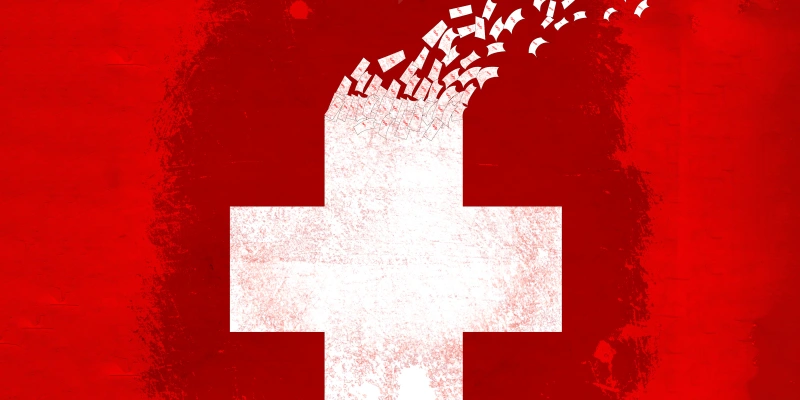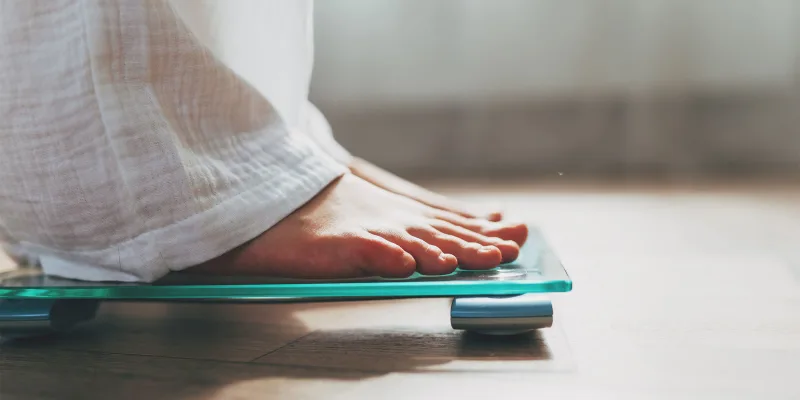
But, are they just as important? I really think so. For what is nursing and medicine if at its most basic a relationship?
Occasionally, I get to nerd out over rare and interesting patient cases, but at the end of most days, it’s the relationships with my patients and their families that I really circle back to. For me, these relationships are forged by moments where I get to listen to a mother recount one of her favorite stories about her daughter or when I find myself genuinely laughing with family members as together we watch a forty-second video of my patient dancing. These details almost never make it into the medical chart, but they always leave me smiling and keep me coming back to work the following day.
In the PICU, you told me stories of your daughter before she got sick and showed me pictures on your phone from when she was well. You once showed me a photo of your family on the beach, then of your daughter prancing around in pink flip flops and an oversized straw hat. She was always running around and playing, you said. I always said she had too much energy, you told me.
But, now, seeing her like this, you would give anything for too much energy again. Then, you proceeded to show me videos of your daughter that you had taken – from before. As we both sat there watching your videos, your daughter’s giggles emanated from the phone cutting through the sounds of the ventilator and the occasional beeps of the IV pump.
When we reached the end and there were no more pictures and no more videos and no more giggles … we simply sat there. Together in the PICU, on the seat by your daughter’s bed, along with your breathing and my breathing and the sounds of the ventilator — your stories of her were suspended in the air.
That afternoon, I met your daughter as you wished I could have met her.
And, I learned things about my patient I would never have gleaned from the medical chart.
I’ve observed that many family members tell stories when their children are hospitalized. Many parents show me photographs and phone videos of their children from before they entered the hospital, as if reminding me (and perhaps themselves as well) that their child is not just a patient, but also a unique person who has a life beyond isolation rooms and yellow gowns and blue masks. Spending time with parents and having these non-medical conversations almost always lead to me running behind in my day; and, on days when the patient list is overflowing, I catch myself inadvertently and secretly thinking that I could be catching up on charting instead of watching a video of my patient’s third birthday party. But then, when it ends, when I finally get up and say goodbye, I sense that something has shifted. In some strangely beautiful way, I have come to know my patient a bit more.
As a pediatric nurse practitioner, I’m trained to base my decisions on data. I was taught to gather information from histories and physicals, to think critically about work-up and labs, and formulate assessments from information in front of me. I practice based on evidence and formulate plans based on current guidelines. I answer questions like “how did she get this”, “why is this happening” and even “when will she get better” based on my knowledge of medicine and nursing, pathophysiology and pharmacology, and from I’ve read in textbooks and journal articles.
But, I also like knowing that before my patient got sick, her favorite show was "Doc McStuffins"; that before my patient was admitted for osteomyelitis, he dressed up as Darth Vader for Halloween; that before my patient was diagnosed with Kawasaki disease, she never went to sleep in anything but her purple pajamas. I like knowing that before Kelly wore our hospital gown, she wore outfits mostly sewed by her grandmother. I like looking at that photograph of two-year old Trevor in toddler Converse's to match Dad’s signature black ones.
Do these little details contribute to my medical decision-making? Do they affect what antimicrobials I start or what tests I order? Not really. And, the empiric, scientific side of me knows this.
Evelyn Lai is a pediatric nurse practitioner as well as a 2018–2019 Doximity Author.







